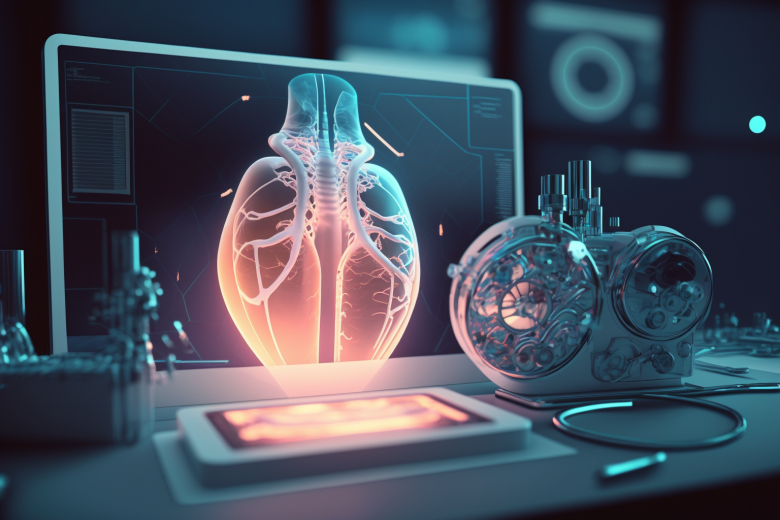
Prior to Covid-19, technology-driven change in Healthcare was arguably the biggest trend impacting the industry with artificial intelligence (AI), the internet of things (IoT) and other fourth generational industrial revolution fields at the forefront. Primarily, this focused on better healthcare delivery models and operational efficiencies in a bid to tackle increasing cost of delivering care globally.
Since the pandemic, advanced research across medicine, vaccines, social care, and environmental health has taken the spotlight with focus on tackling the ongoing crisis the primary objective to most healthcare ecosystems. Whilst a vaccine remains the ultimate short term aim, it is now more than ever that we recognise that the investment into technology and digitalisation (both local and nationally) is key to us understanding the impact of current and future threats. For, as Boris says, we should be led by the data.
The Forbes article highlights five interesting predictions for 2021. The recent achievements in vaccines and treatments provide optimism that we may resume into some sort of normality by mid-2021.
1. Healthcare a consideration in every aspect of your life
Technology has become ingrained in every aspect of our lives from every day tasks to fitness to the NHS digital app (which i am sure everyone has downloaded). This trend is set to continue in 2021 with the number of digital interactions increasing. Tech-driven innovation will bring significant benefits and, with a large proportion of people working from home, solutions that will support mental well-being as we lack face to face contact with colleagues and our many social circles. Technology will play its part in mitigating health concerns, including health apps that monitor our activity and remind us to take breaks and exercise, meditation and mindfulness apps, and remote therapeutic services.
2. Virtual care and remote medicine
The delivery of GP care in the UK has been successful with many practices offering virtual consultations for minor and routine appointments meaning GPs can be significantly more flexibility in respect to resource and appointment availability.
3. Genomics and gene editing lead to further breakthroughs
Breakthroughs in this field are likely to accelerate the development for new treatments where drugs can be customized to match the genetic profile of individual patients, making them more effective, as well as less likely to cause unwanted side-effects.
4. Data and AI drives shift to fairer healthcare insurance and coverage
As the health ecosystem becomes increasingly digitalised, the amount of data collected from our interactions means providers will have an increasingly accurate picture of individuals, thus allowing healthcare providers to delivery better care and insurance companies to price policies that are more suitable to individuals.
5. AI, IoT, and Smart Cities improve our ability to detect and respond to future outbreaks
At Polestar we are and have worked with a number of firms that are at the forefront of data analytics and medtech. We are always interested to the hear from businesses disrupting industries through technology or technology enabled services and products, especially in a sector where there is significant potential to drive change. If you are seeking funding or evaluating your options, let’s have a chat.
The 5 Biggest Healthcare Trends In 2021 Everyone Should Be Ready For Today